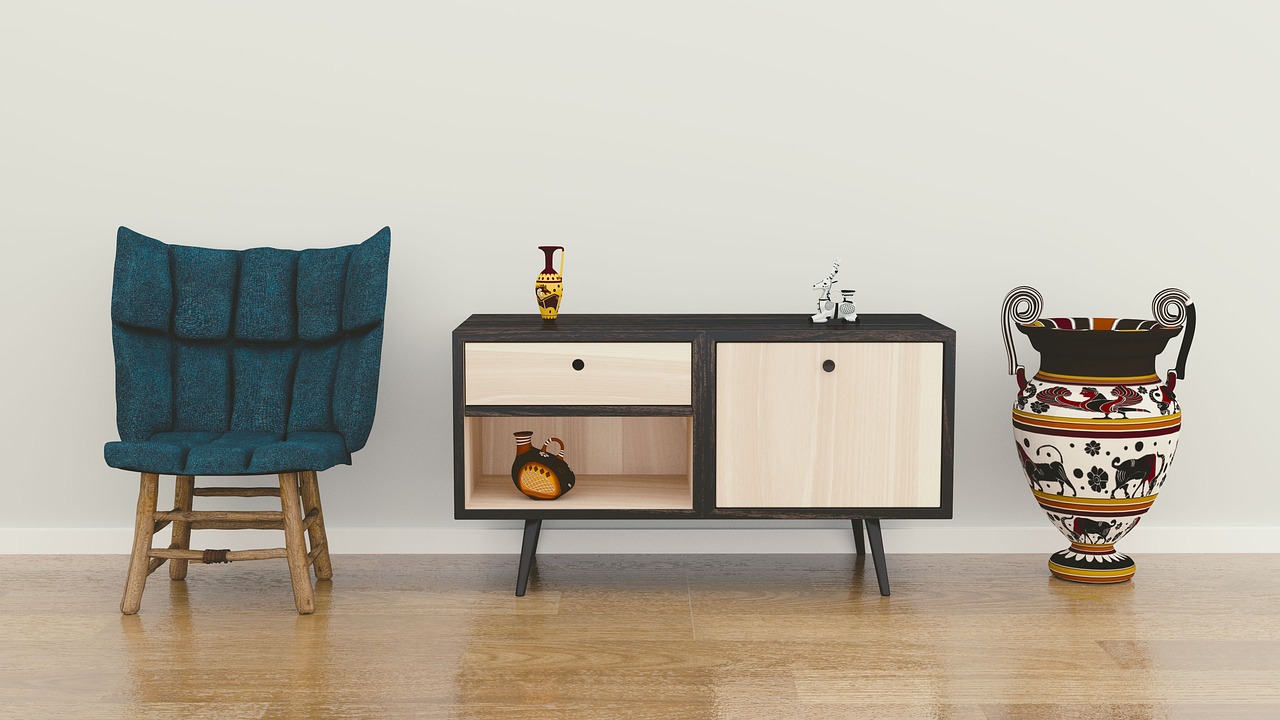In today’s digital marketplace, reviews have become a cornerstone of consumer decision-making. Whether you’re buying a sleek modern sofa, a cozy armchair, or a durable dining set, reading testimonials often feels like a natural step before clicking “Add to Cart.” But why do reviews carry so much weight, especially in the furniture industry? The answer lies in psychology. Understanding why furniture shoppers trust testimonials can help brands optimize their strategies and drive sales more effectively.
The Role of Trust in Decision-Making
At its core, trust is the bedrock of any purchasing decision. Furniture shoppers often face high stakes: furniture is typically expensive, heavily used, and expected to last for years. This combination makes buyers cautious and meticulous in their research.
Why Trust Matters in Furniture Purchases
- Durability Concerns: Furniture is not a one-time-use product. A poorly made table or an uncomfortable couch can lead to buyer’s remorse. Reviews reassure buyers of quality and longevity.
- Personal Comfort: Furniture interacts closely with our bodies—think ergonomic chairs or plush sofas. Testimonials provide first-hand accounts of comfort and usability.
- Style Validation: Furniture also defines a space’s aesthetic. Reviews often contain photos, helping shoppers visualize how pieces will fit into their homes.
Affiliate Opportunity
Promote furniture review platforms or home improvement tools with affiliate links like:
Looking for reliable reviews? Visit FurnitureInsights for the best testimonials and expert advice on every piece you need.
Social Proof: The Key Driver Behind Trust in Reviews
The concept of social proof explains why people trust the opinions of others. Psychologist Robert Cialdini defines social proof as the tendency to look to others for guidance when making decisions, especially in uncertain situations.
For furniture shoppers, reviews act as a collective voice, providing the confidence needed to make a purchase.
Types of Social Proof in Furniture Shopping
- User Reviews: Star ratings and written testimonials build trust through volume and authenticity.
- Influencer Endorsements: Social media influencers showcasing furniture in their homes inspire confidence in brands.
- Expert Recommendations: Interior designers or home improvement bloggers often review furniture, adding credibility.
Pro Tip for Affiliates
Leverage influencer networks to recommend products like:
Discover trending furniture endorsed by top home influencers on StylishSpaces.
The Emotional Impact of Testimonials
Furniture is more than a practical purchase—it’s an emotional one. Buyers associate furniture with comfort, family time, and self-expression. Reviews that share heartfelt experiences resonate deeply and influence purchasing decisions.
How Emotions Drive Trust
- Storytelling: A review that narrates a family bonding over dinner at a new table is far more compelling than a generic “Great product.”
- Visual Evidence: Reviews with photos or videos amplify trust, showing how furniture fits into real-life settings.
- Empathy: Shoppers relate to reviewers with similar needs, such as those looking for child-friendly furniture or ergonomic work-from-home setups.
The Fear of Missing Out (FOMO)
Another psychological phenomenon at play is the fear of missing out (FOMO). When shoppers see glowing reviews, they worry they might miss a great product or deal. Phrases like “This sold out quickly!” or “Best decision I’ve ever made!” create urgency, nudging shoppers toward a purchase.
Affiliate Opportunity
Highlight time-sensitive deals:
Act fast! Get 20% off this highly rated ergonomic chair today at FurnitureDeals.
The Paradox of Choice
Furniture shopping often involves a vast array of choices—styles, materials, sizes, and colors. While variety is great, it can also overwhelm buyers. Reviews simplify this process by narrowing options and offering clear pros and cons.
How Reviews Simplify Choices
- Rankings: Lists like “Top 10 Recliners for Small Spaces” provide actionable insights.
- Comparison: Detailed reviews often compare similar products, helping shoppers make informed decisions.
- Custom Advice: Reviews tailored to specific needs (e.g., “Best Sofas for Pet Owners”) guide niche audiences.
The Power of Negative Reviews
Surprisingly, negative reviews also build trust. While no brand wants bad feedback, a mix of positive and negative testimonials creates authenticity. Shoppers are more likely to trust a brand with a 4.5-star rating than a perfect 5.0 because the latter can seem too good to be true.
What Negative Reviews Reveal
- Transparency: Brands that don’t censor bad reviews are perceived as honest.
- Problem Resolution: Responses to negative reviews showcase a company’s commitment to customer satisfaction.
- Balanced Perspective: Shoppers often weigh negatives against positives to decide if the trade-offs are acceptable.
How Furniture Brands Can Leverage Reviews
1. Encourage Honest Feedback
Brands should actively request reviews post-purchase. Incentives like discounts on future orders or entries into giveaways can motivate customers to leave testimonials.
2. Highlight Key Testimonials
Showcase reviews that resonate with your target audience. For example, if you’re selling office chairs, emphasize testimonials about comfort during long work hours.
3. Integrate Reviews into Marketing
Use snippets from reviews in ads, on product pages, or in social media campaigns to build credibility.
Best Practices for Furniture Shoppers Reading Reviews
While reviews are invaluable, not all are created equal. Here are tips for discerning the best testimonials:
Look for Details
Genuine reviews often include specific details about the product, such as dimensions, material quality, and delivery experience.
Consider Context
A negative review might stem from a personal preference rather than a product flaw. For instance, someone might dislike a couch’s firmness, but that might be exactly what you need.
Check Multiple Platforms
Cross-check reviews on the brand’s website, third-party platforms, and social media for a comprehensive perspective.
Affiliate Opportunity
Link to credible review platforms:
Read honest reviews on trusted platforms like HomeReviewHub.
Why Reviews Work for Affiliates
As an affiliate, leveraging reviews can be a game-changer for your conversions. By linking to highly rated products and review sites, you position yourself as a helpful guide in the shopper’s journey.
Strategies for Maximizing Affiliate Revenue
- Create Comparison Guides: Articles like “Best Couches Under $1000” attract targeted traffic.
- Promote Verified Reviews: Use affiliate links to platforms with verified customer reviews, enhancing credibility.
- Leverage Seasonal Trends: During holidays or sales events, highlight time-sensitive deals based on reviews.
Final Thoughts: Trust, Testimonials, and Purchases
The psychology of reviews reveals a universal truth: people trust people. For furniture shoppers, testimonials bridge the gap between uncertainty and confidence, turning hesitation into satisfaction. Whether you’re a brand, an affiliate, or a shopper, understanding this psychology can make all the difference.
Affiliate Wrap-Up
For affiliates, this is a golden opportunity to position yourself as a trusted resource. Link to products and review platforms that deliver genuine value, and watch your commissions grow.
Ready to transform your space with furniture you can trust? Explore top-rated pieces at FurnitureParadise today.



